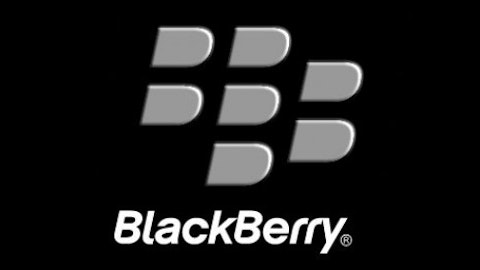Pandora Media Inc (NYSE:P) investors know the company is trying to get more local, particularly in its advertising, but this one came out of left field. Pandora just bought a radio station in Rapid City, South Dakota – KXMZ “Today’s Hits Without Rap!” The move is a legal maneuver, a brilliant one at that, to help reduce its content costs. But the move could pay-off even more in the long-term than in the near-term.

Royal(ty) treatment
Pandora Media Inc (NYSE:P) has long complained that its royalty fees are too high for it to make a profit. Pandora paid out 66% of its revenue in content costs last quarter. Meanwhile, terrestrial station owners such as Clear Channel Outdoor Holdings, Inc. (NYSE:CCO) benefit from a January 2012 deal between the Radio Music License Committee, ASCAP, and BMI. Those terms were not extended to the stand-alone internet service.
Unfortunately for Pandora, Clear Channel is able to extend those lower royalty rates to its iHearRadio internet service. iHeartRadio is Pandora’s biggest competitor in internet radio. Still far from Pandora’s 200 million users, iHeartRadio recently surpassed 30 million registered listeners, and it’s growing fast. The company added another 10 million users in the last seven months alone. The company’s ability to extend its lower content costs to its internet service makes it more profitable (or less unprofitable) than Pandora.
But the benefits Pandora Media Inc (NYSE:P) is lobbying for with its recent acquisition aren’t going to make the company profitable all of a sudden. The company estimates it could cut content acquisition costs by about 1% of revenue.
But its content costs are due to go up soon. Pandora paid $0.11 per 100 songs in 2012, but that rate will rise to $0.14 per 100 songs in 2015. In the long-term, getting in on the RMLC deal from January 2012 will dramatically improve the company’s profit outlook. With the purchase of a physical radio station, it will be hard for ASCAP to find a way to discriminate against Pandora.
Music rights owners are feisty though. Not even Apple Inc. (NASDAQ:AAPL) could negotiate lower royalty rates, even with its scale. Record labels held up negotiations for months as Apple demanded to pay royalty fees of about half what Pandora pays. In April, Apple finally caved and agreed to pay fees similar to Pandora’s.
In fact, Apple’s willingness to pay labels for “additional rights” sets a precedent that could impact future royalty rates for companies like Pandora Media Inc (NYSE:P). The next round of copyright royalty board discussions begins next year. Apple has plenty of cash to absorb high royalty fees, but Pandora doesn’t. Apple’s presence in the internet radio space, and its willingness to pay high royalty fees, makes this battle against ASCAP even more important for Pandora to keep its costs flat.
What else can it use a radio station for?
Rapid City, crazily enough, is the perfect place for Pandora to purchase a radio station. In all likelihood, KXMZ was priced to sell, and was almost certainly less expensive than radio stations in highly populated areas.




